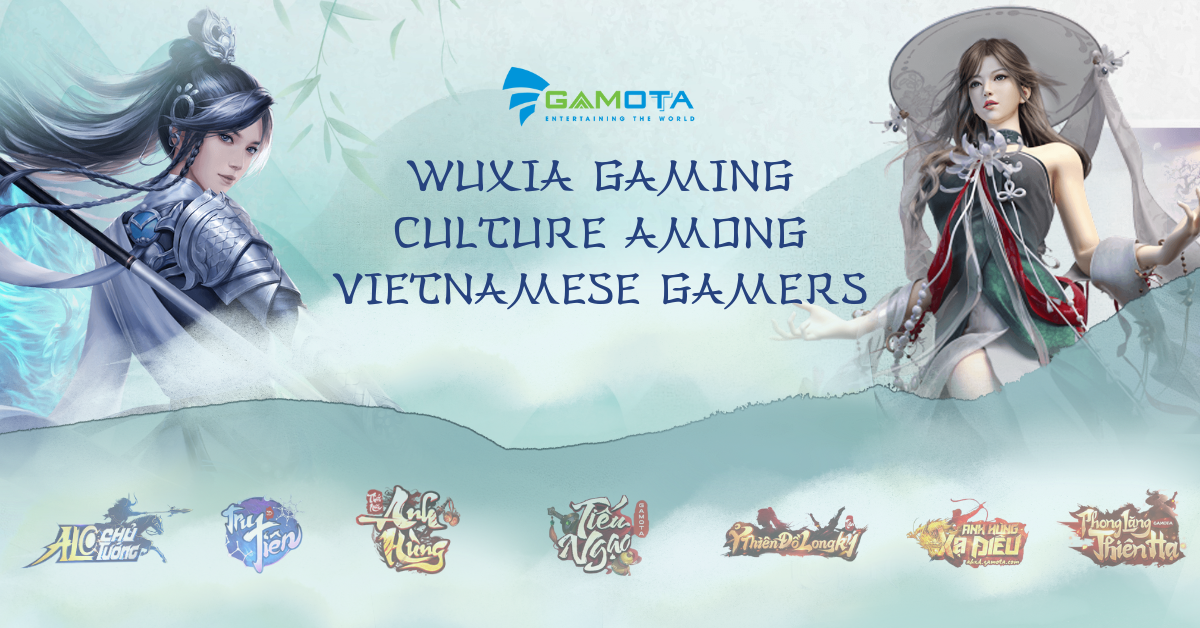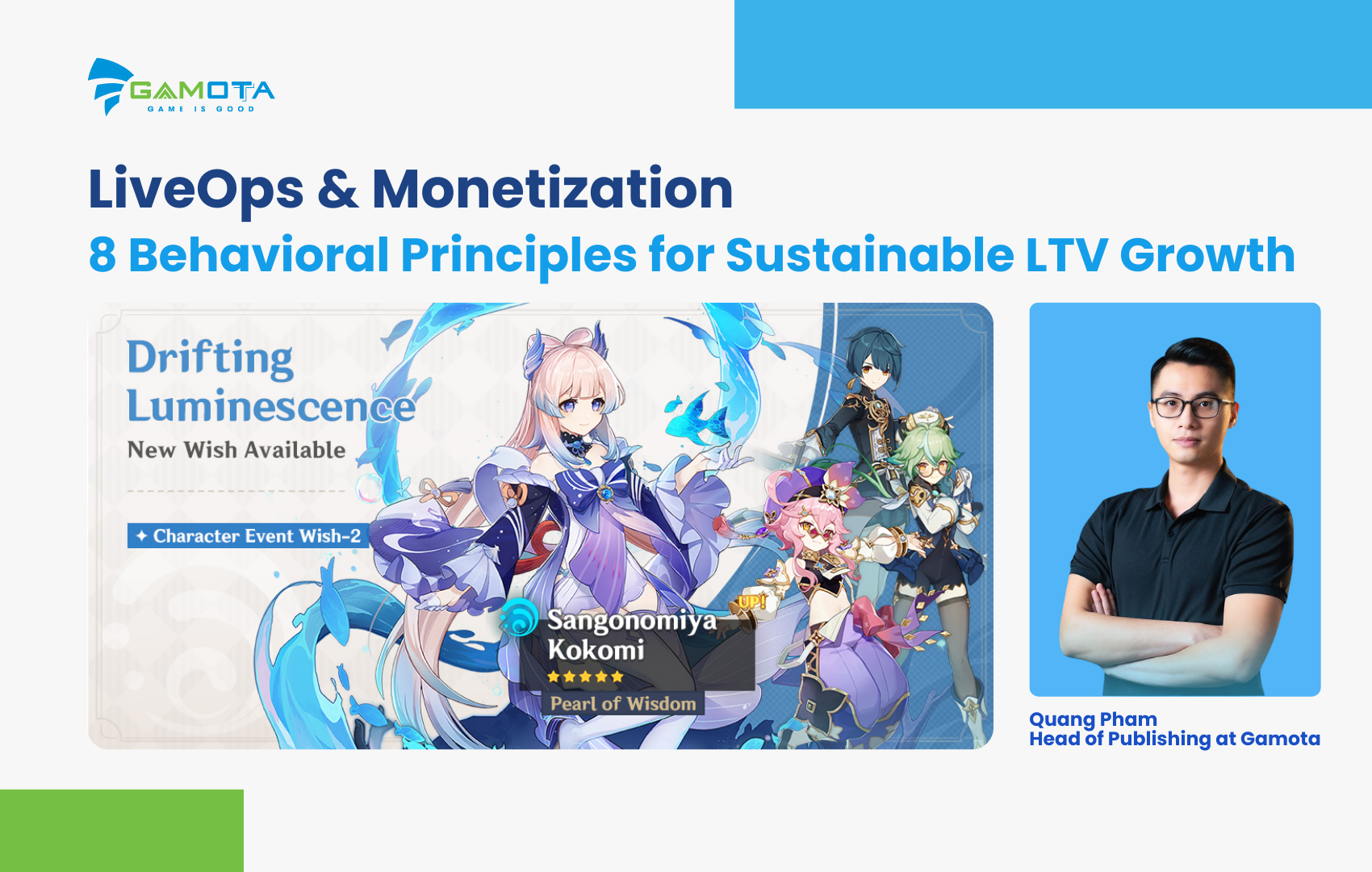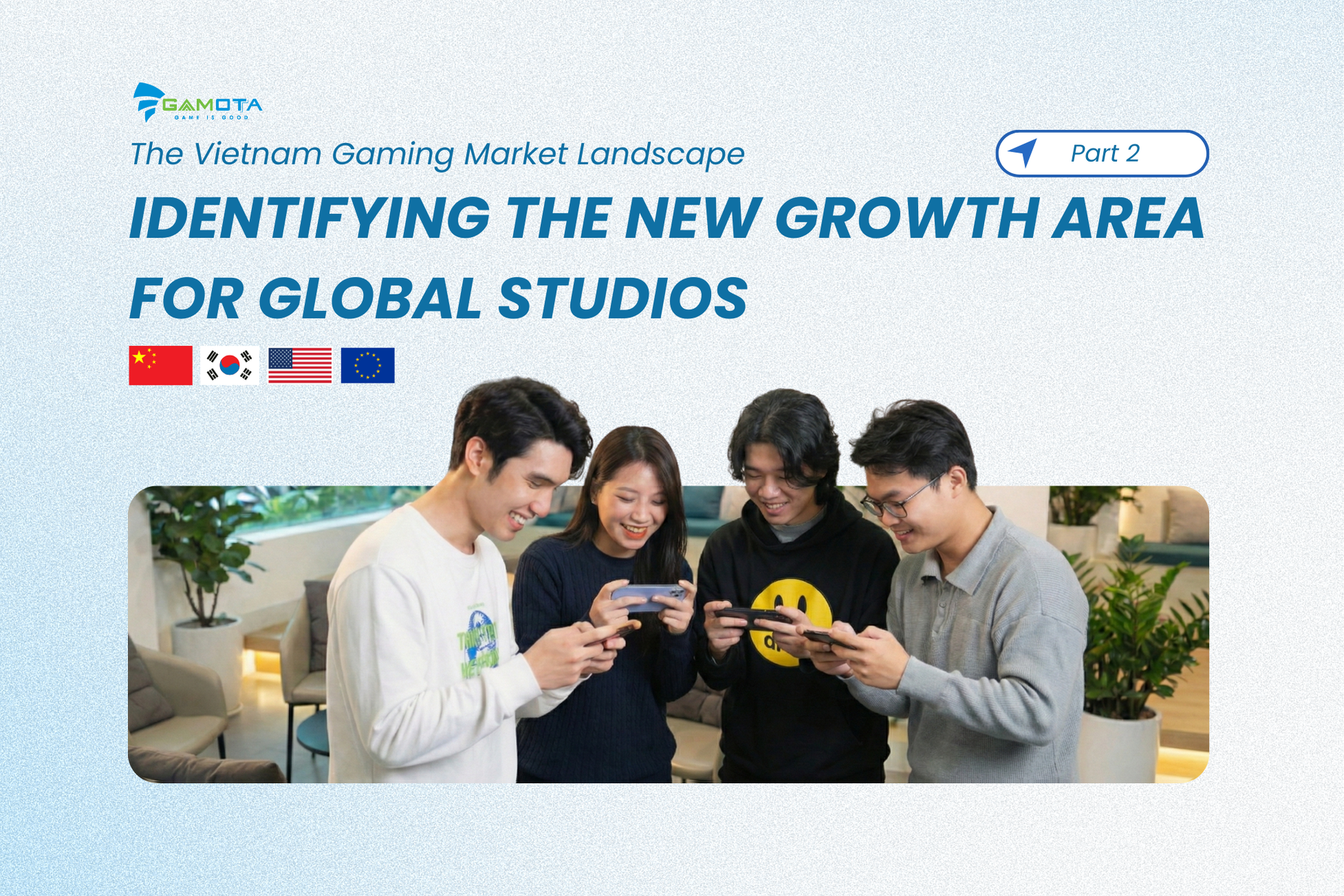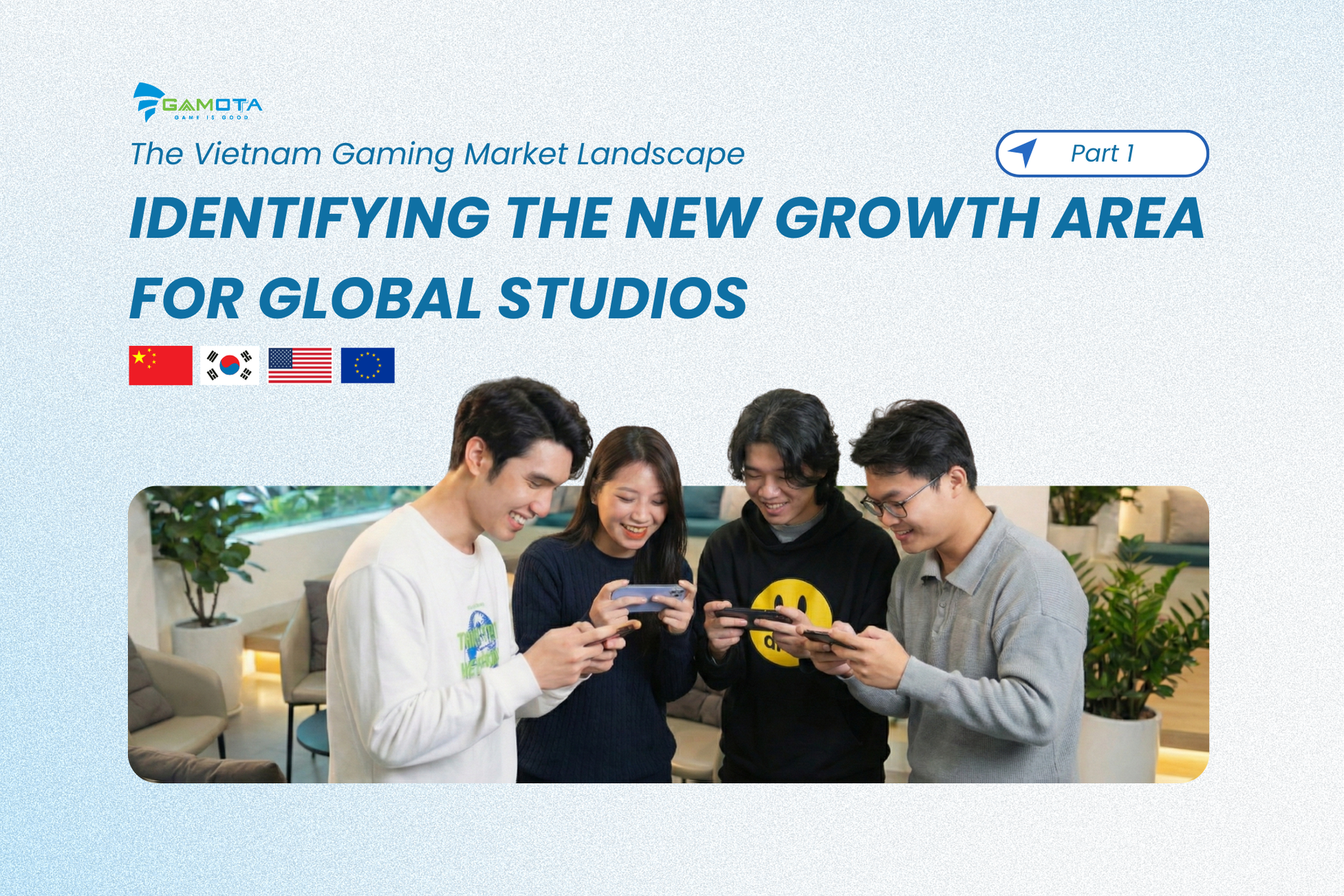In the early 2000s, the early generations of Boomers, Millenials, and Zoomers were only familiar with LAN games such as WarCraft 3, Empire, and Counter-Strike. They could not have expected that there was such a large and colorful world of Wuxia. For over two decades, Wuxia gaming has held a unique place in the hearts of Vietnamese gamers.
Rooted in nostalgia and cultural resonance, these games have shaped Vietnam’s gaming landscape for decades. Combining thrilling martial arts adventures, immersive storytelling, and strong community bonds, Wuxia games continue to thrive, bridging generations of players.
The Cultural Roots of Wuxia Gaming in Vietnam
Vietnam’s love affair with Wuxia began long before gaming entered the picture. Classic Wuxia films and novels like “The Condor Heroes” “Heaven Sword and “Dragon Saber” captivated audiences in the 1980s and 1990s. These tales of heroism, martial arts mastery, and epic rivalries resonated deeply with Vietnamese culture, which values themes of loyalty, honor, and resilience.
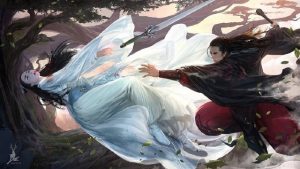
This cultural connection laid the foundation for the popularity of Wuxia-themed games. Players weren’t just exploring new game worlds; they were stepping into the legendary landscapes they had grown up admiring.
The Rise of Wuxia Gaming MMORPGs
The launch of “Vo Lam Truyen Ky” in the mid-2000s was a turning point for Vietnam’s gaming industry. As one of the first massively multiplayer online role-playing games (MMORPGs) to enter the market, it quickly captured the imagination of Vietnamese gamers. With its martial arts-inspired gameplay, intricate storylines, and large-scale guild wars, “Vo Lam Truyen Ky” set the standard for Wuxia games in Vietnam.
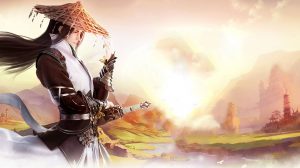
Titles like “Thien Long Bat Bo” and “Phong Than” soon followed, cementing the Wuxia MMORPG genre as a dominant force. Even as global gaming trends shifted toward MOBAs and European RPGs, Vietnamese gamers remained loyal to the familiar narratives and immersive experiences offered by Wuxia games.
Community at the Heart of Wuxia Games
One of the defining features of Wuxia games is their ability to foster a sense of community. Players often develop strong bonds within the game, whether forming alliances in guilds or engaging in large-scale battles.
These connections often extend beyond the digital realm. Wuxia gaming communities have been known to organize offline meetups, charity drives, and even weddings! For many Vietnamese gamers, these games are more than just entertainment – they’re a way to build lasting friendships and create cherished memories.
Wuxia Games in the Mobile Era
As mobile gaming surged in popularity, Wuxia games evolved to meet the demands of modern players. Mobile adaptations of classic Wuxia MMORPGs allowed players to relive their favorite adventures on the go. Titles like “Tan Vo Lam Truyen Ky Mobile” brought updated graphics, smoother gameplay, and familiar storylines to new generations of gamers.
Despite this shift, the essence of Wuxia gaming emphasized community, cultural storytelling, and thrilling martial arts – remains unchanged.
13 years of bringing Wuxia Games to Vietnam
Gamota has been accompanying Vietnam’s Wuxia gaming culture for more than 10 years. We published a diverse portfolio of blockbuster Wuxia Game titles such as Jade Dynasty, New Swordsmen or Jade Dynasty: New Fantasy. As the pioneer in meeting lifelong players’ demands, our approach remained the same over a decade, to publish and produce engaging and immersive gaming experiences that connect millions of people across Vietnam and the world.

Wuxia gaming culture has become an integral part of Vietnam’s gaming identity. These games don’t just entertain; they preserve and celebrate a shared cultural heritage. For older players, they evoke nostalgia for the films and stories of their youth. For younger gamers, they provide a gateway to explore Vietnam’s connection to Wuxia culture.
Ready to publish your game in Vietnam? Contact us


